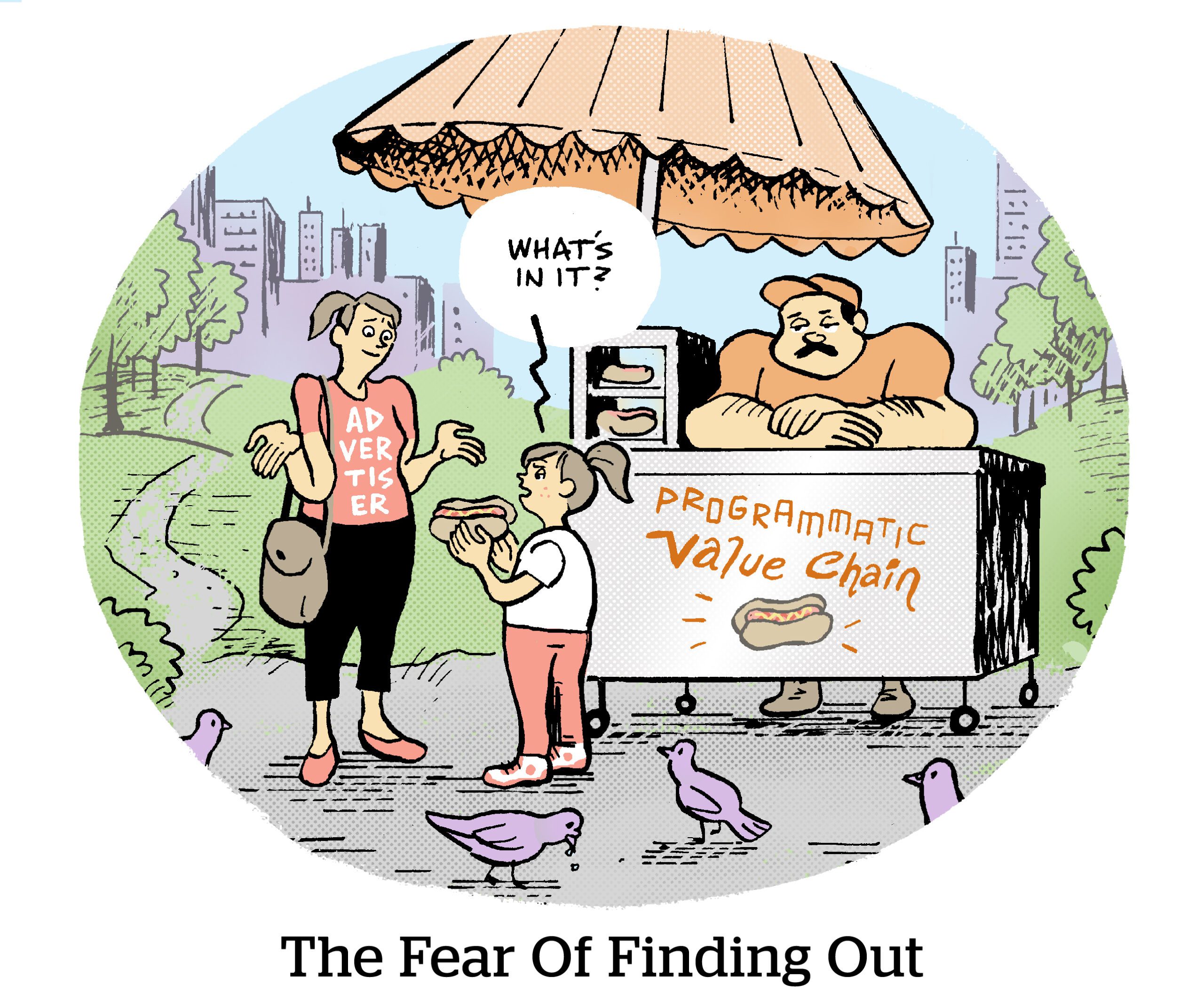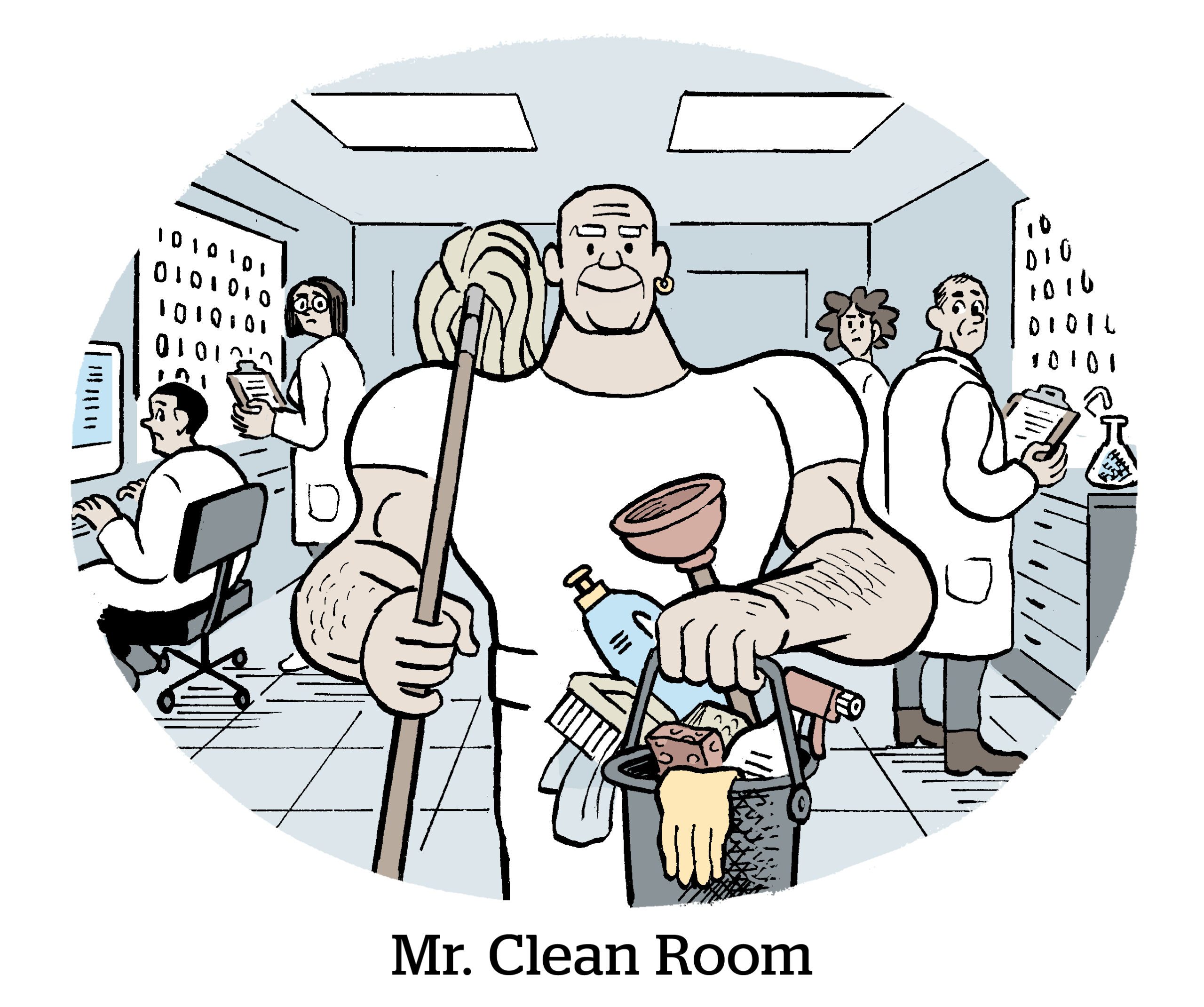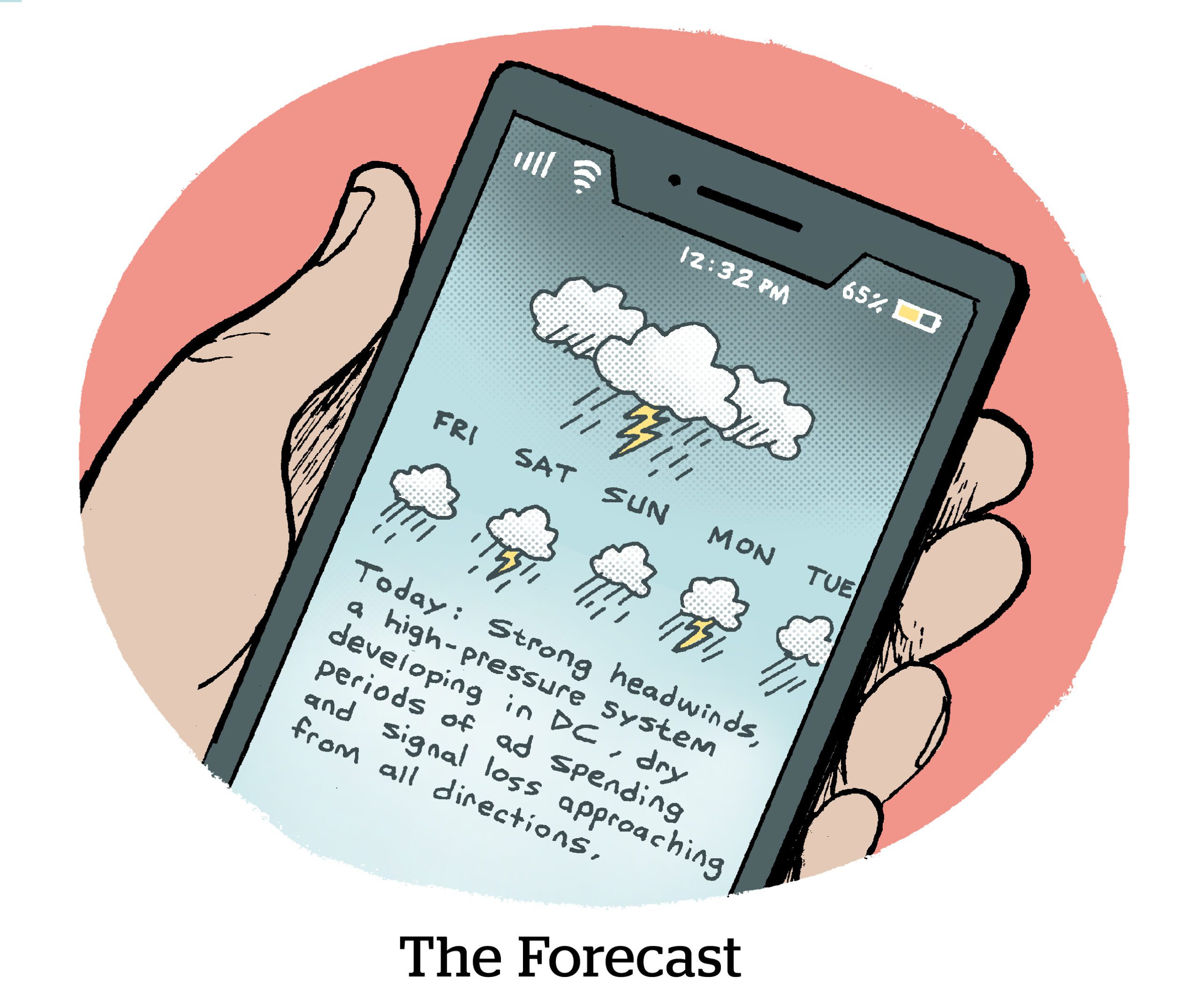
Last month, the Federal Trade Commission’s newly launched Office of Technology published a blog post entitled “Lurking Beneath the Surface: Hidden Impacts of Pixel Tracking.”
If you skim the post, you might think it’s just a summary of the FTC’s recent enforcement actions against GoodRx and BetterHelp, along with a quick rundown on how pixel tracking works.
Despite the post’s provocative title, it includes rather anodyne statements, such as this explanation as to why businesses use pixels: “to track consumer behavior (pageviews, clicks, interactions with ads) and to target ads to users who may be more likely to engage or purchase something based on that prior online behavior.”
That is, indeed, why businesses use pixels.
But when Cassidy Sehgal-Kolbet, SVP of finance and legal at L’Oréal US, saw the post, she was “blown away by it,” she told the audience at a public policy and privacy event hosted by the IAB in Washington, DC, earlier this week.
Unhealthy data sharing
Why was Sehgal-Kolbet blown away by a blog post?
Because the FTC isn’t only calling out digital health companies like GoodRx and BetterHelp for sharing health data through pixels with third parties for advertising. It’s “questioning the overall use” of pixel-based ad tracking, she said.
These cases make it clear that regulators have their eye on how data flows between first parties and their partners – and that first parties are responsible for what happens when the data they collect is shared with others.
In a post outlining the FTC’s complaint against BetterHelp, written by Lesley Fair, a senior attorney with the FTC’s Bureau of Consumer Protection, she couldn’t be more clear.
“Monitor data flows to all third parties your site or app may transit to via web beacons, pixels or other tracking technologies. It’s illegal to make privacy promises to consumers without taking into account any information that’s going to third parties through various forms of ad tech.”
 Ignorance is the opposite of bliss
Ignorance is the opposite of bliss
Most companies aren’t intentionally violating the law or ignoring regulatory guidance, Daniel Rosenzweig told me. As a lawyer with Norton Rose Fulbright focused on privacy compliance, he’s got a wide purview.
But there’s often a disconnect between what a company thinks its app or website is doing and what’s actually happening, technically speaking, he said.
Regardless, you are your brother’s keeper (legally, at least).
Arielle Garcia, UM’s chief privacy officer, put it well and succinctly on stage at our Industry Preview conference back in February: “Check your pixels.” Make sure you’re okay with what you’re sharing and that you know what happens when data leaves your site or app.
We’re at a time when lawyers need to become technologists and marketers need to become, well, lawyers.
And there’s “no excuse” for not knowing, Dona Fraser, SVP of privacy initiatives at BBB National Programs, told me when we were chatting this week at the IAPP’s Global Privacy Summit in DC.
“If we were having this conversation five years ago, maybe you could try and claim ignorance,” Fraser said. “You can’t do that anymore.”
In short: Your partner’s pixels, your problem.
Completely unrelated to this article, here’s the best cat video I’ve seen in a long time. (I feel you, kitty.) But, also, let me know what you think of this newsletter. Drop me a line at [email protected].






 By
By 

Important story. The nuance I would add is not that it’s surprising that pixels should be governed and addressed for controls by companies, but that without pixels advertising will not be measurable. This point needs to be impressed – being privacy forward, ethical is critical but to completely find that pixels are problematic is also not accurate.